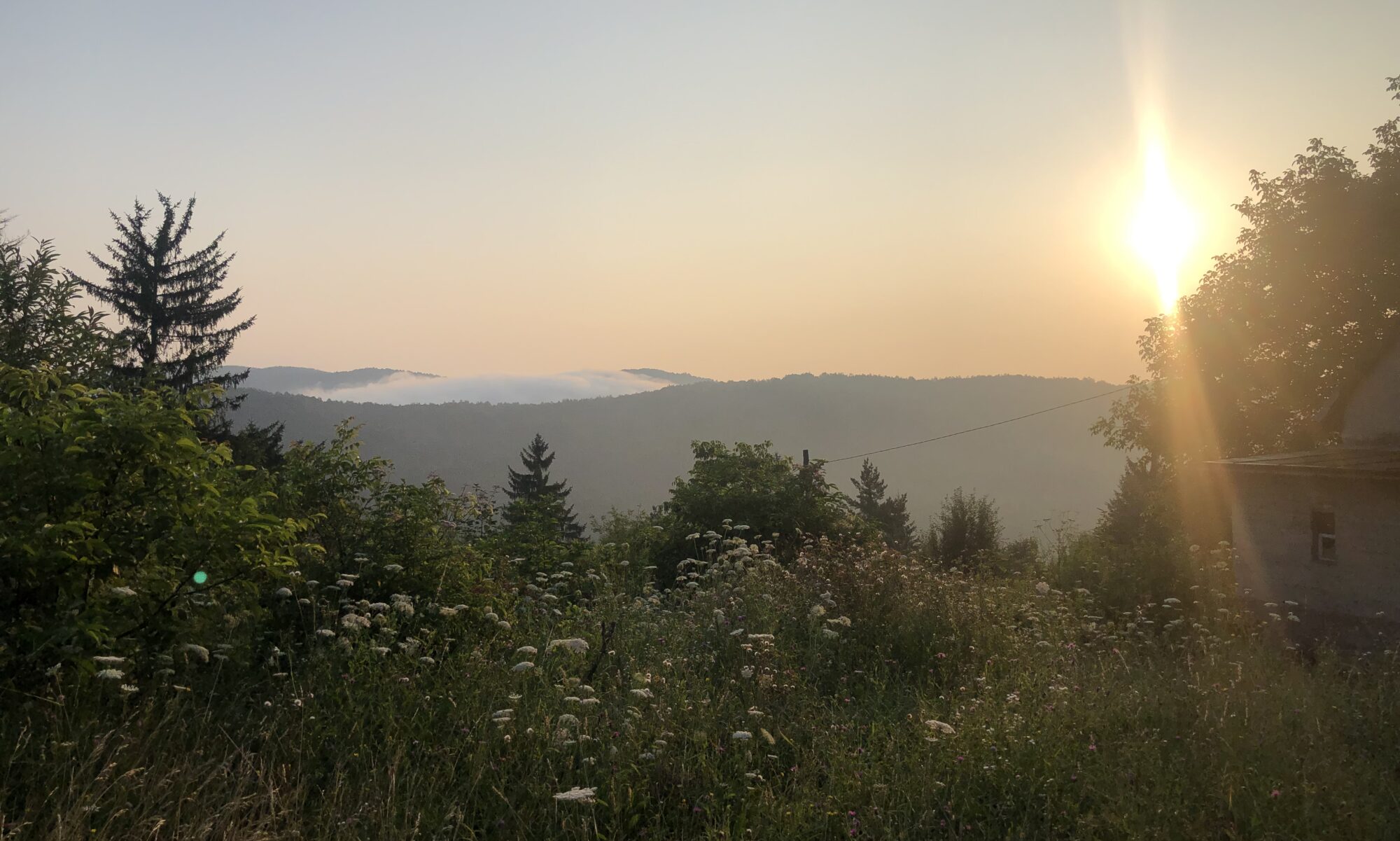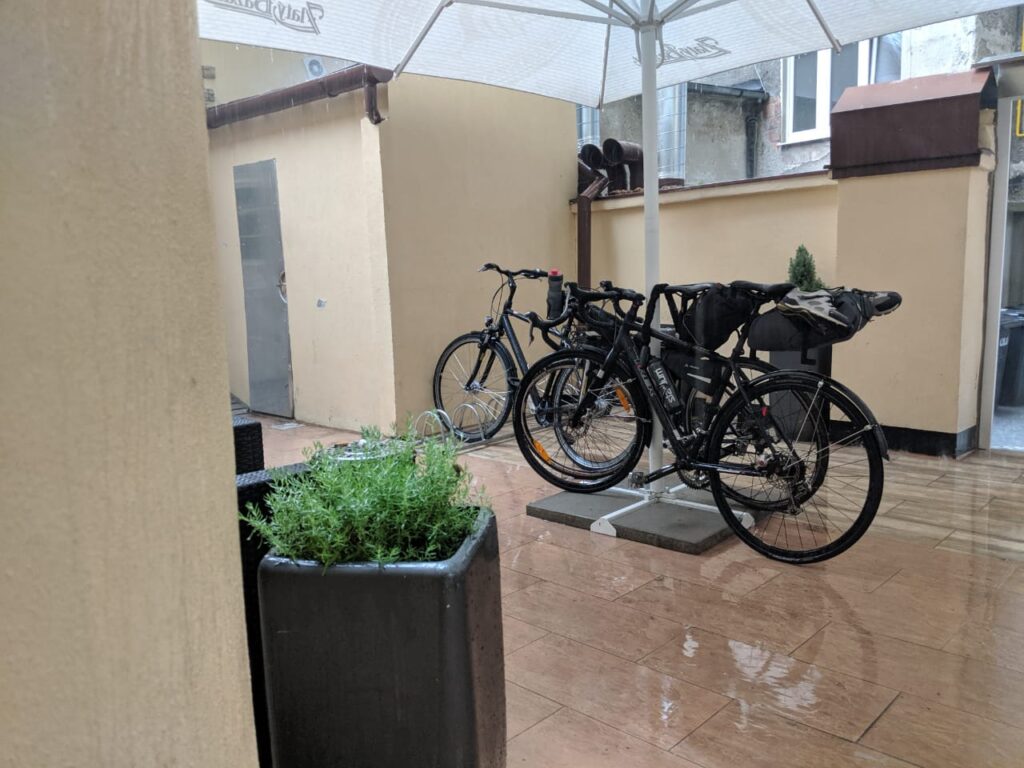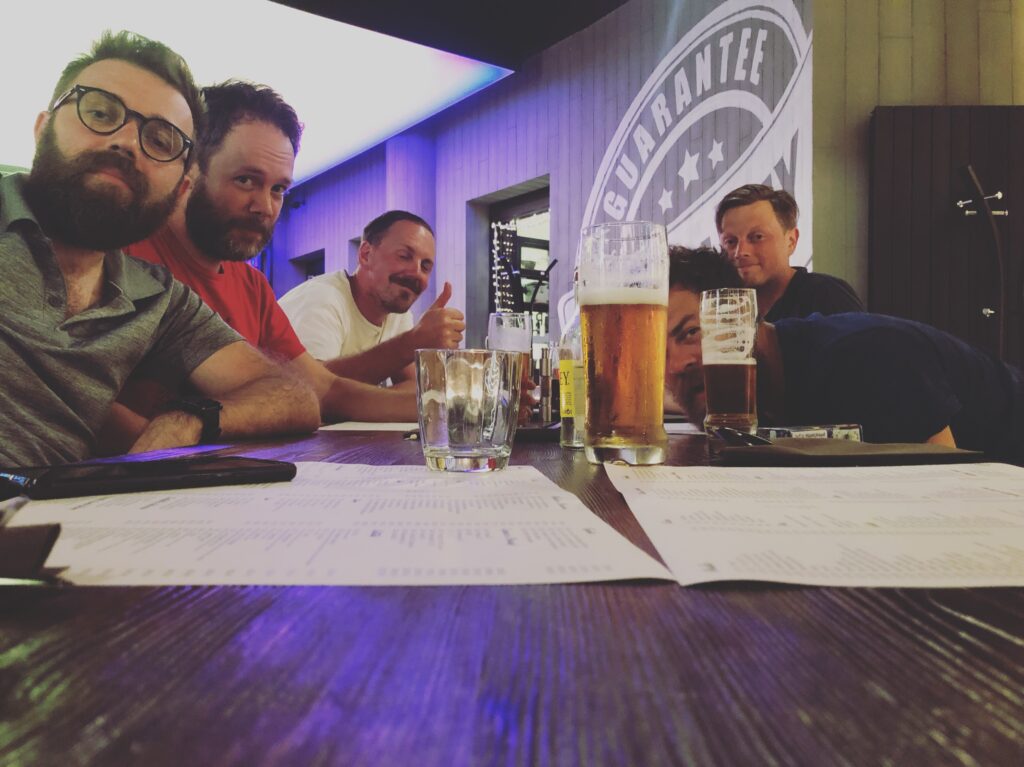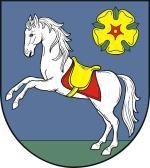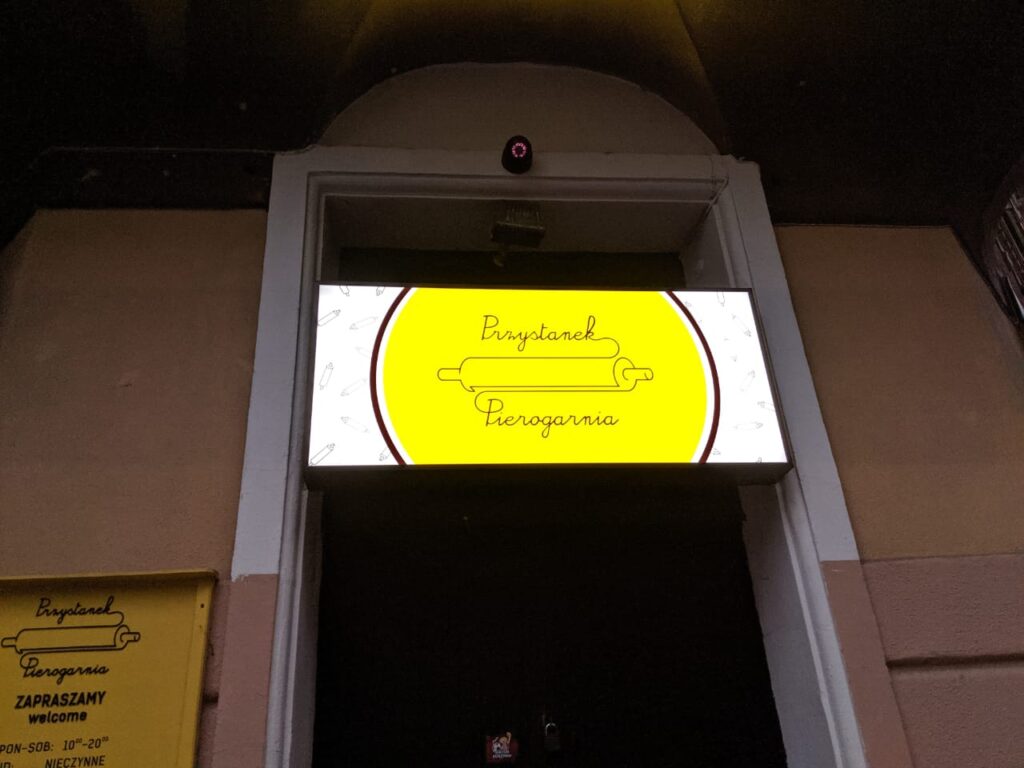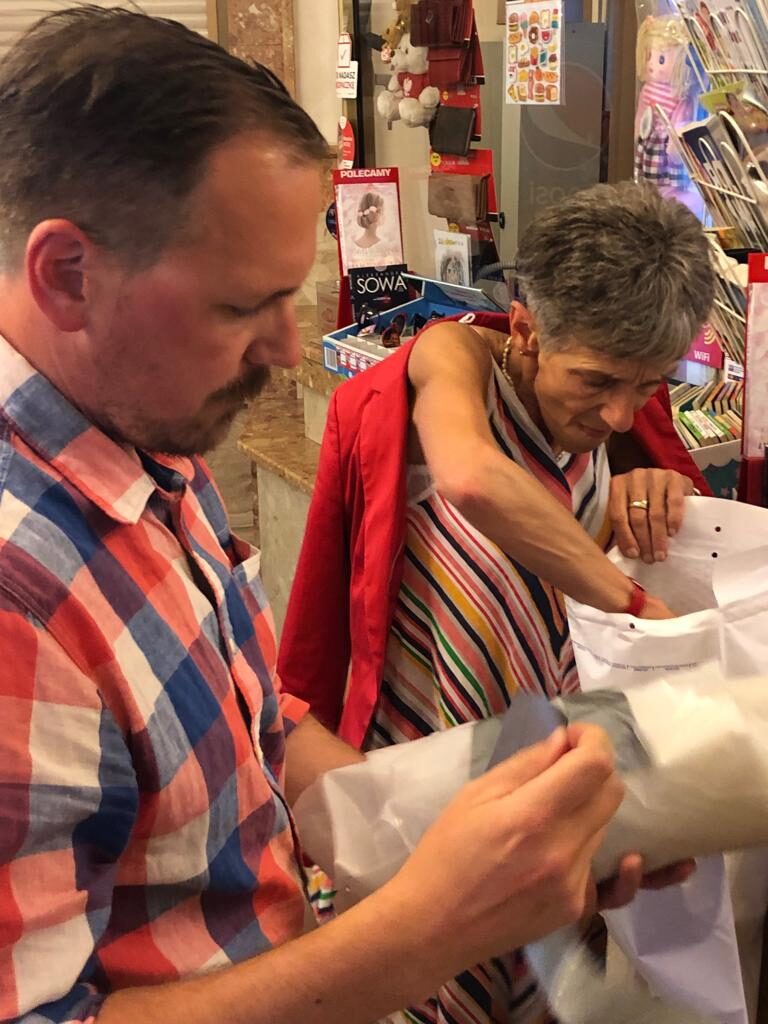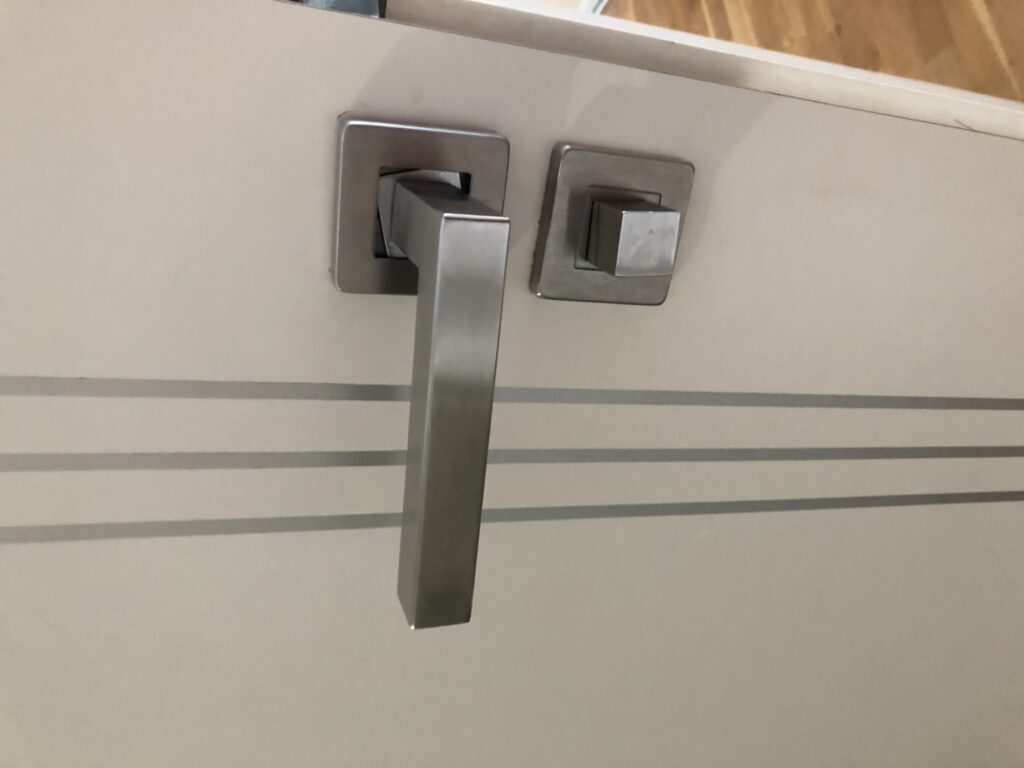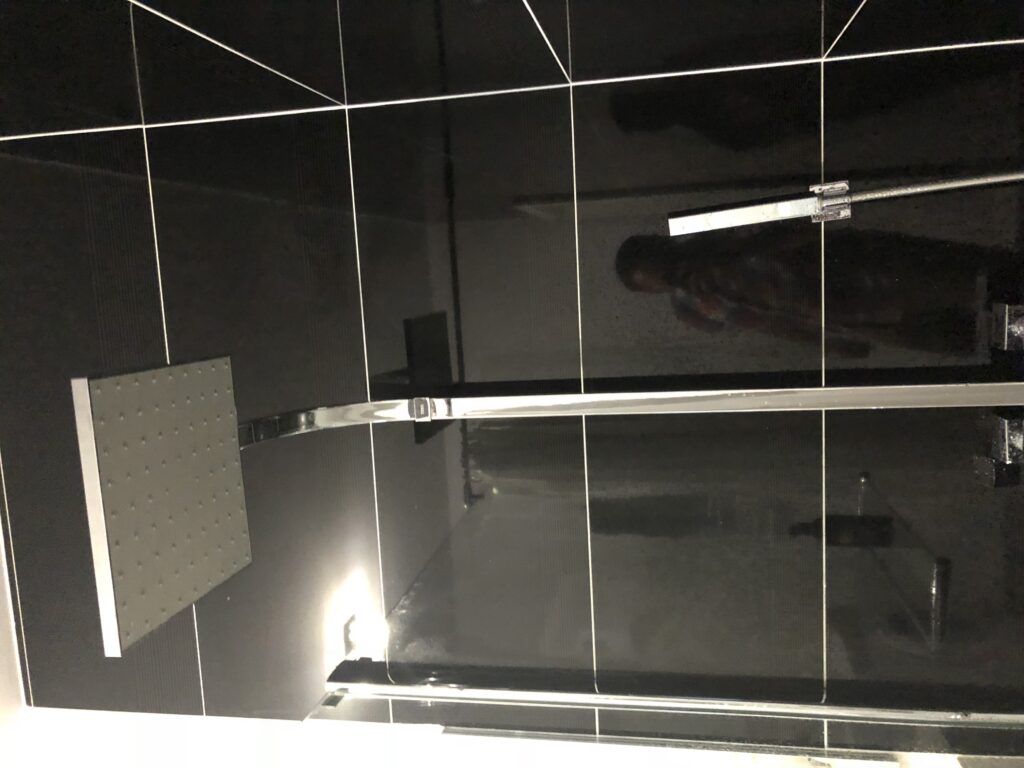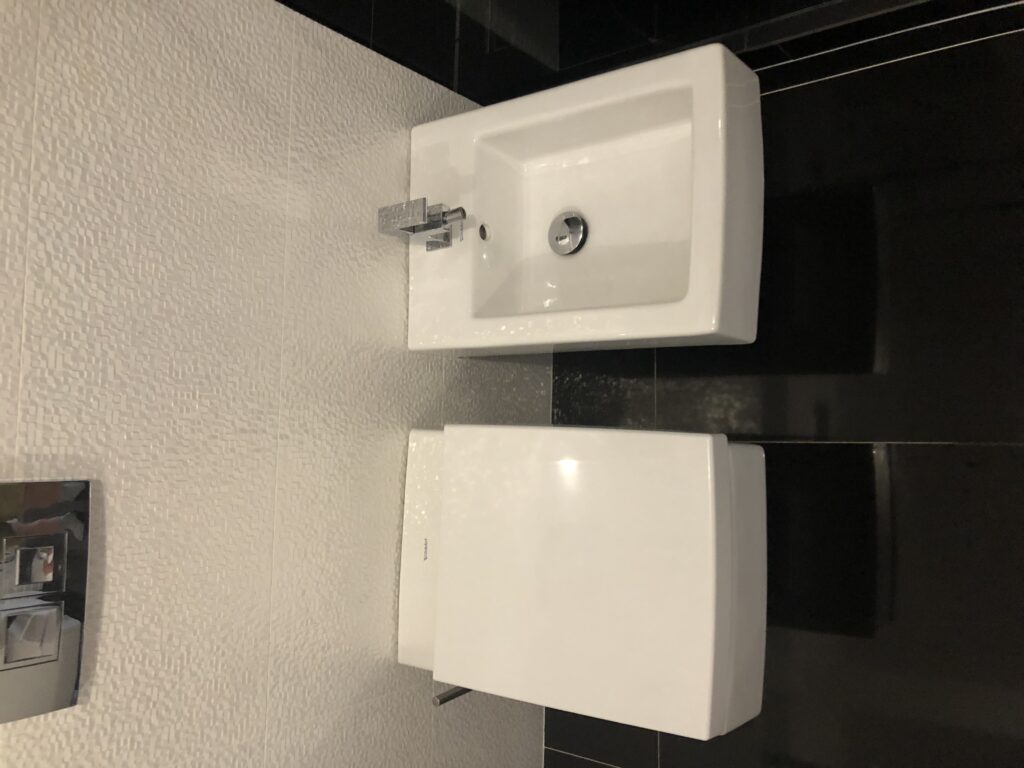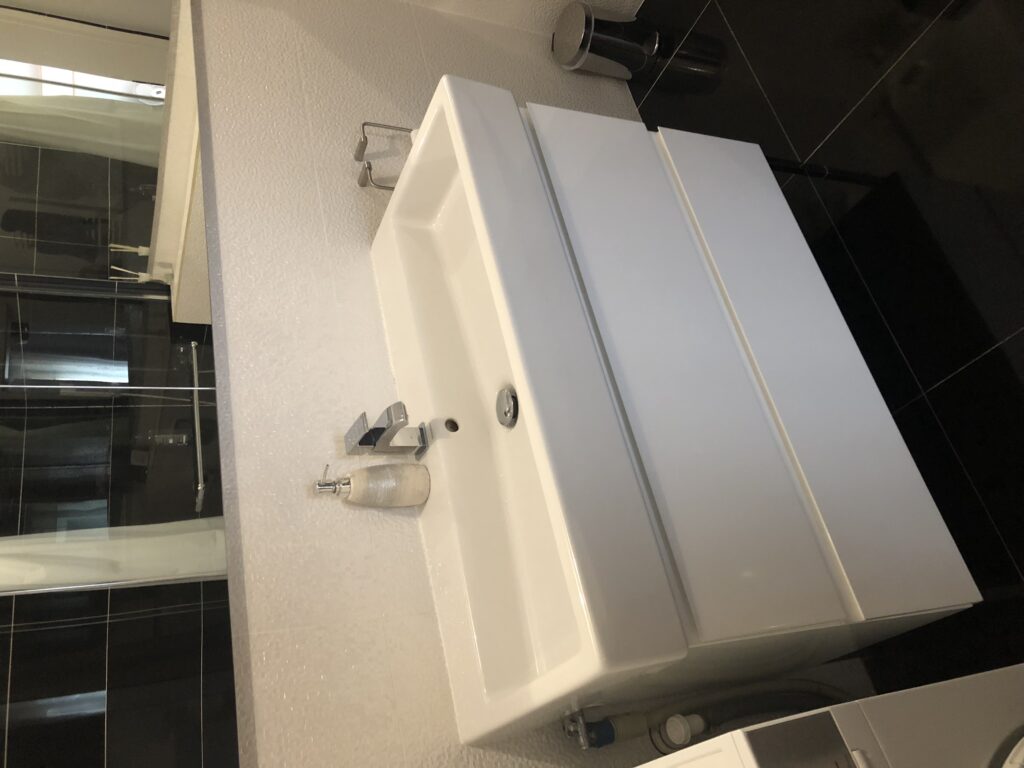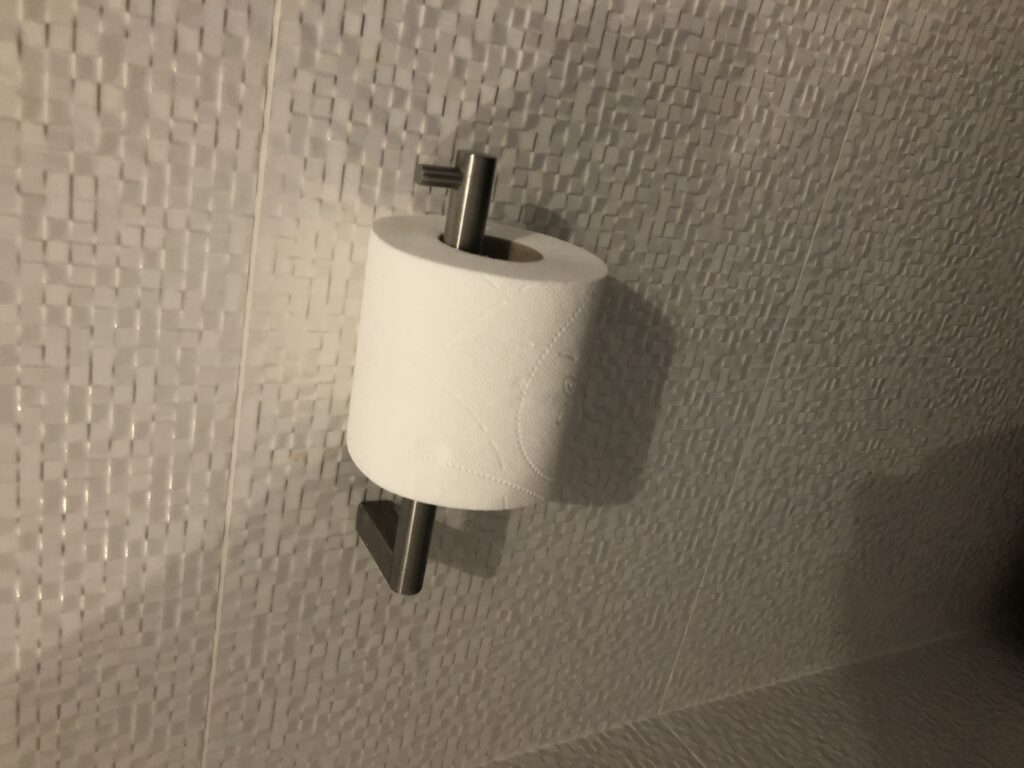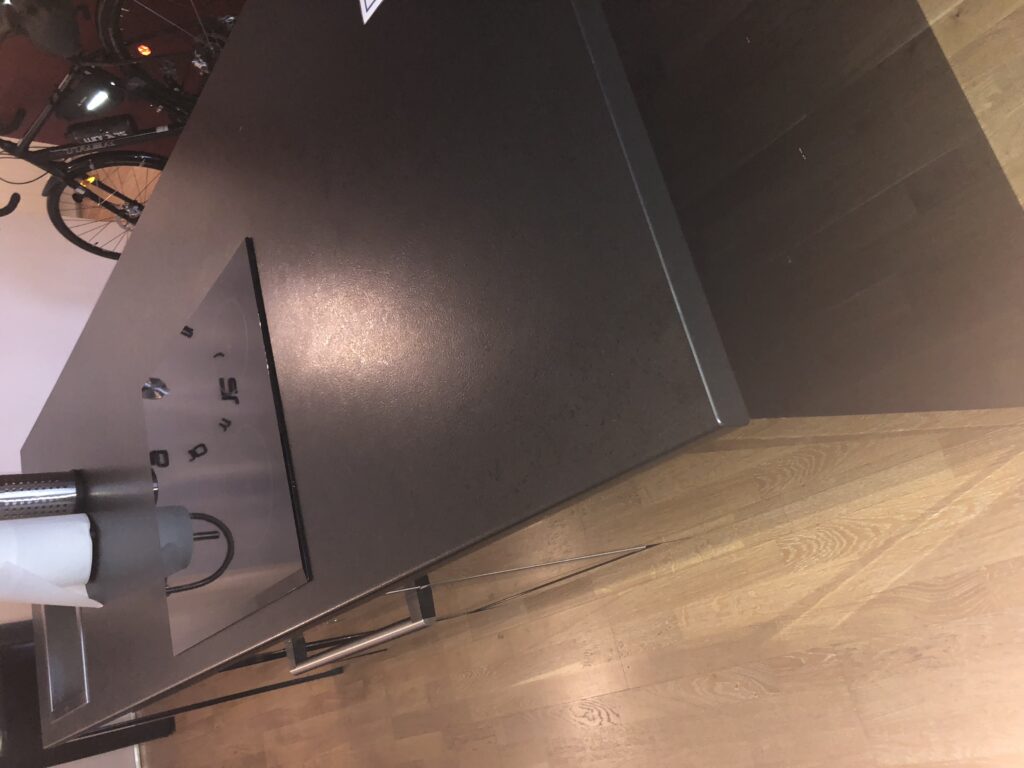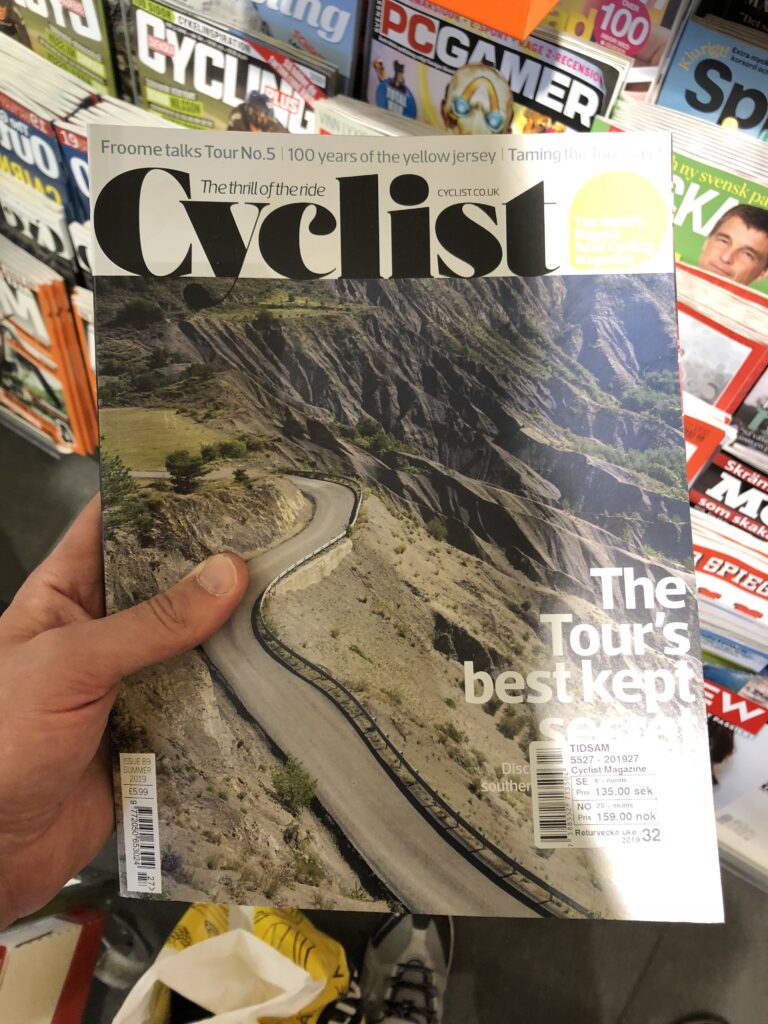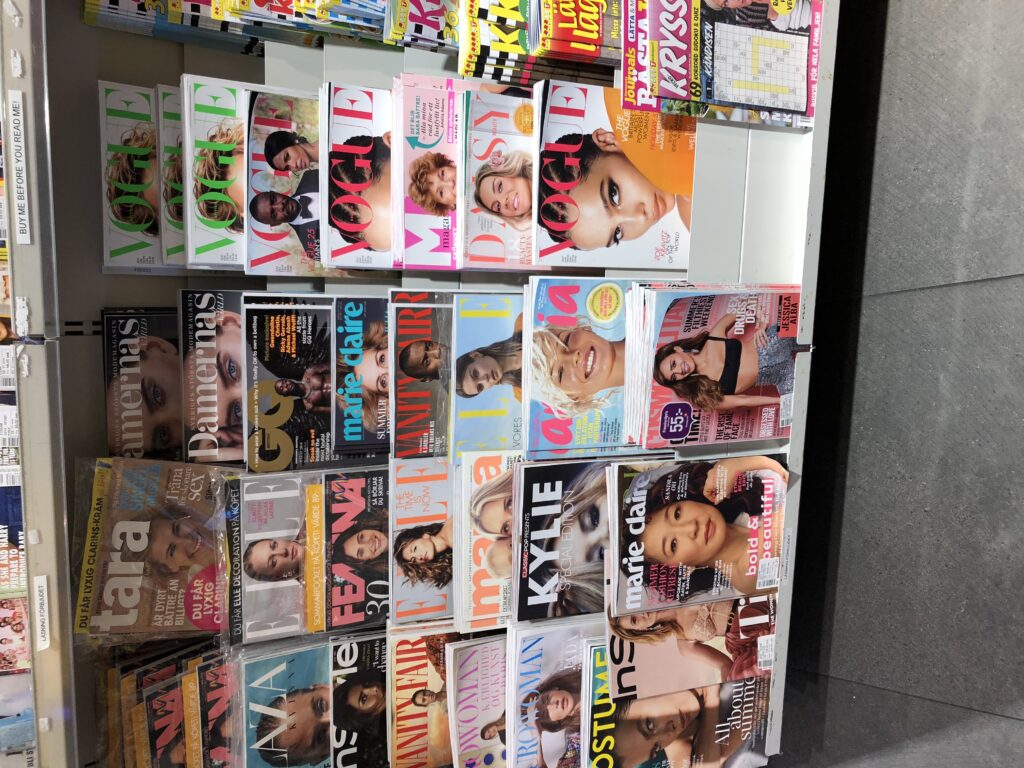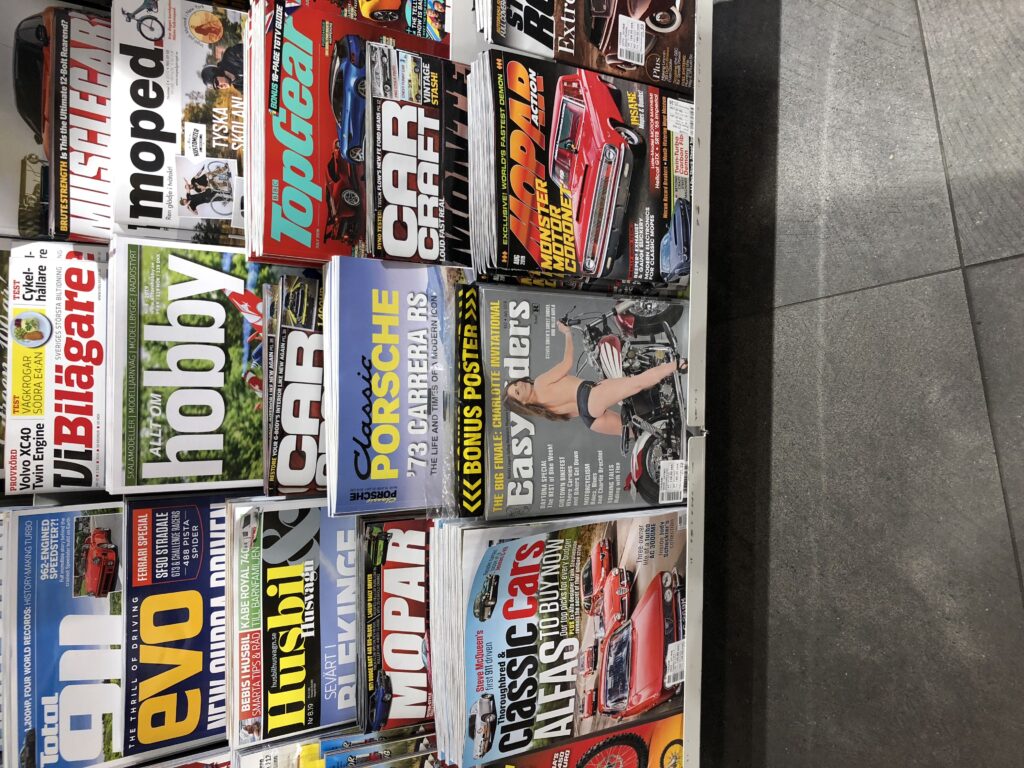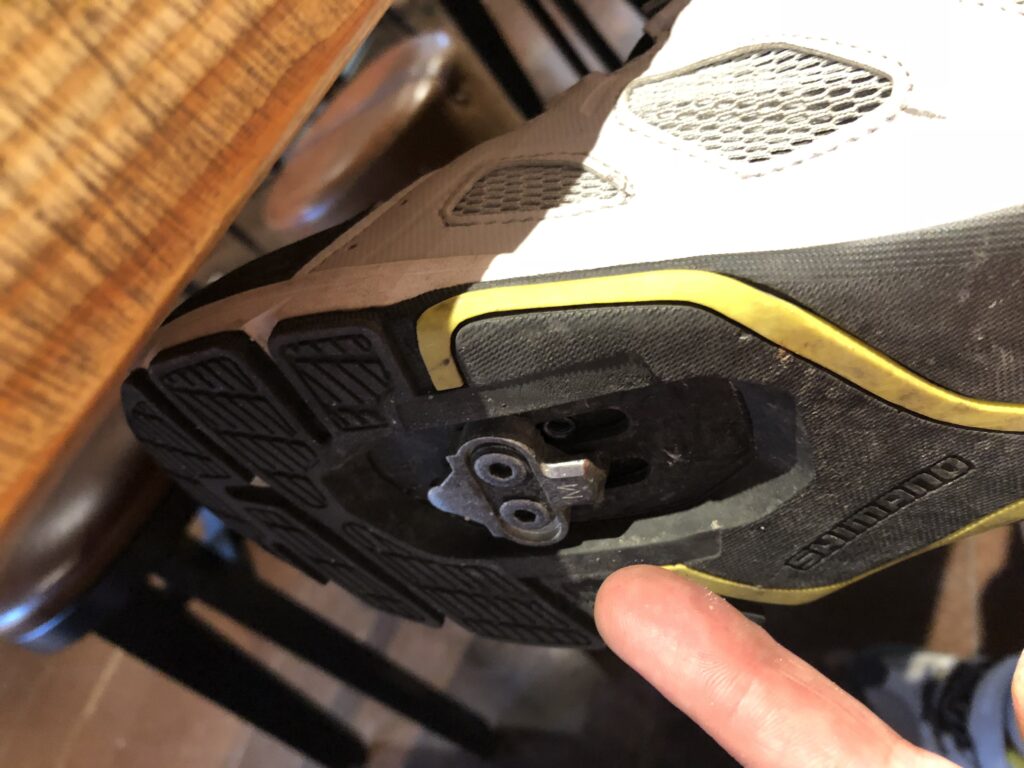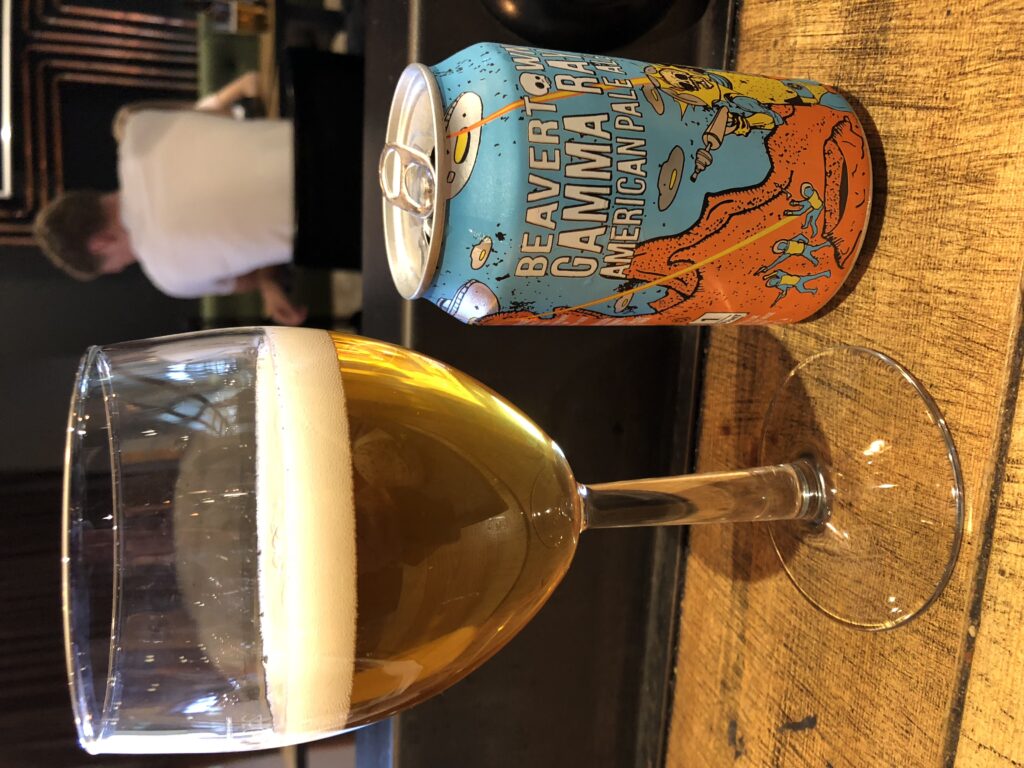Vad vet du om Brno? Vi viste inte mycket mer än att det bryggs ett öl där. Därför frågade vi återigen Wikipedia.
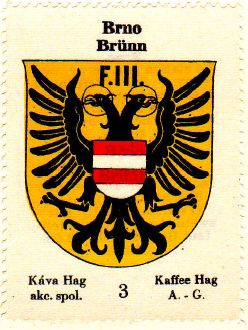
Brno (tyska: Brünn, latin: Bruna, jiddisch: ברין) är en stad i Mähren i sydöstra Tjeckien. Brno är med cirka 380 000 invånare den näst största staden i landet och den största staden i Mähren.
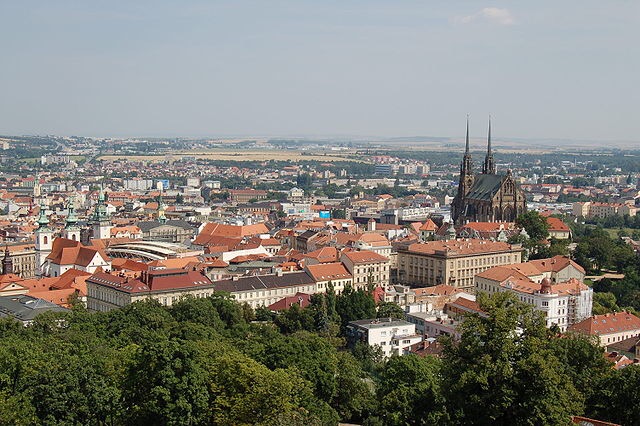
Brno är en mycket gammal ort, vars namn förmodligen kan härledas av tjeckiskans brnen, brno (lerig, träskartad). Lite som Tjeckiens Grums, med andra ord. På 1000-talet blev det residens i ett av de fyra furstendömen som Mähren då var uppdelat i; under 1300-talet och till 1411 residerade de mähriska markgrevarna på borgen Spielberg.
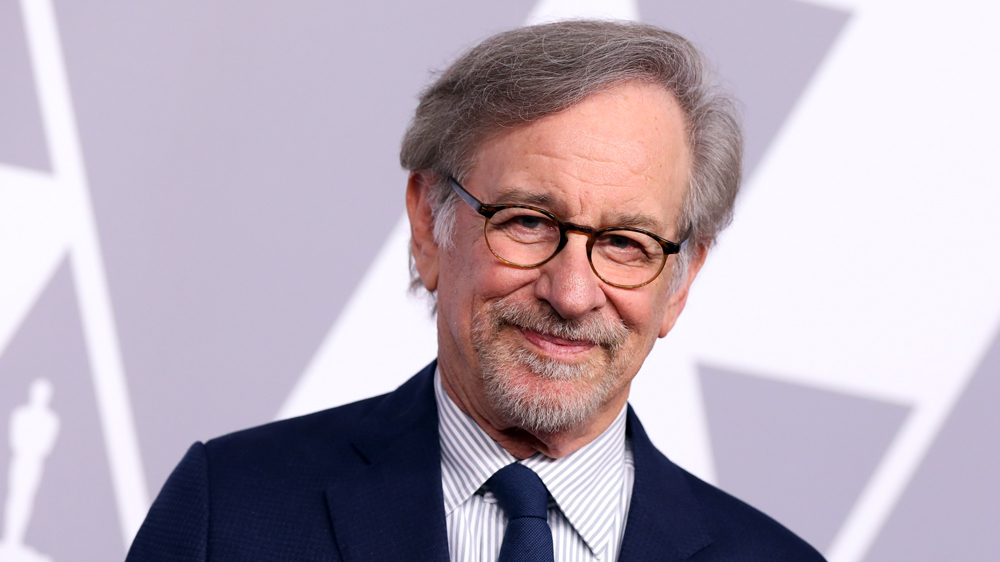
Under husitkrigen förblev Brno katolskt och belägrades 1428 av husiterna (ständigt dessa husiter…)
Under trettioåriga kriget fick staden utstå mycket. Bland annat belägrades den 1643 av svenska trupper under Lennart Torstenson, som dock tvingades avbryta belägringen för att tåga mot Danmark.
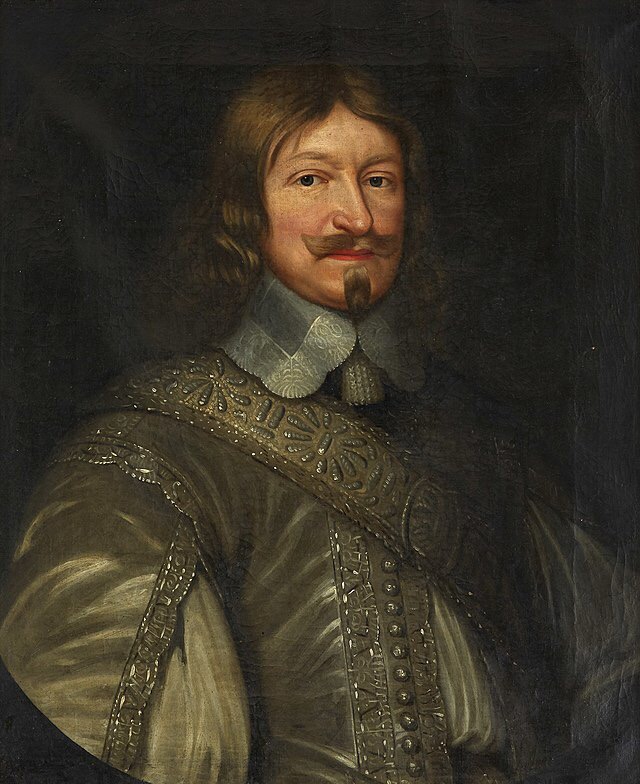
Men Lennart gav sig inte, utan företog sedan en ny belägring, som varade från 3 maj till 15 augusti 1645, men staden försvarades tappert av kommendanten Jean-Louis Raduit de Souches (förut i svensk tjänst), att svenskarna till slut fick avtåga. Minnet av detta firades högtidligt 1845 och 1865, och sedan har minnesfesten blivit en årligen återkommande nationalhögtidsdag.
Efter att en lång tids tillbakagång fick staden en ny uppblomstring under 1800-talet, då staden blev ett centrum för textilindstri, samtidigt som mycket av Österrike-Ungerns lokalförvaltning överflyttades till staden. 1910 hade staden 124.000 innevånare, varav 56.000 tyskar. Den blev 1919 en del av den nybildade staten Tjeckoslovakien. Våldsamma bombningar av västmakterna 1944 förstörde stora delar av staden och dödade 4000 personer.
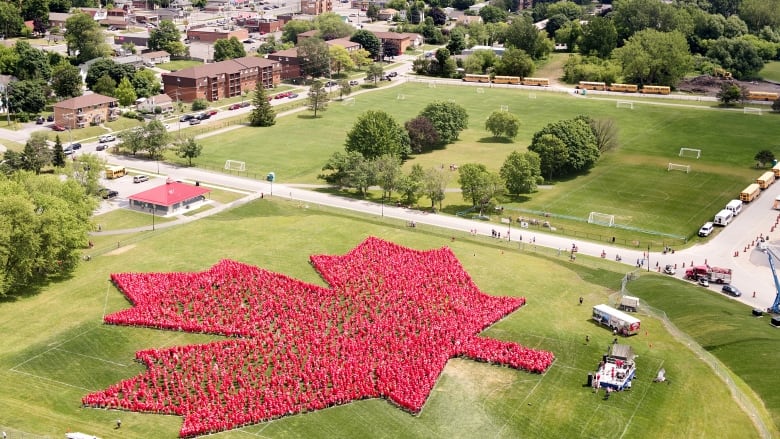
Brno är idag ett centrum för textil-, maskin- och kemisk industri. Där finns också, som i så många andra städer i landet, ett flertal bryggerier. Staden är även känd för sin racerbana, Masaryk Circuit eller Masarykův okruh, som bland annat anordnar FIA WTCC Race of the Czech Republic varje år. Författaren Milan Kundera föddes här och deras ishockeylag, ZKL Brno, vann europeiska klubbmästerskapet i ishockey 1966, 1967 och 1968.
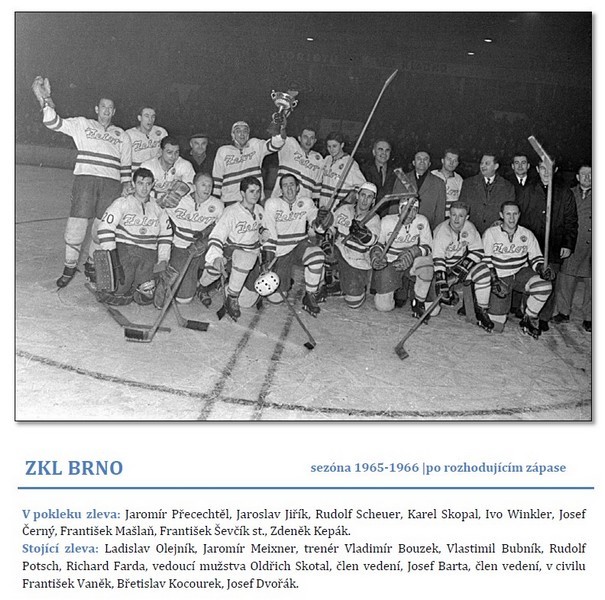
English version:
Are you familiar with Brno? We didn’t know much more than that they brew beer there. Hence, we once again turned to Wikipedia.

Brno (German: Brünn, latin: Bruna, jiddisch: ברין) is a town in the south Moravian Region in the Czech Republic. With its approximately 380 000 habitants, Brno is the second largest city of the country.

Brno i quite old and the name is probably derived from a Czech word that means muddy and/or swamplike. In the 11th century it became the residence of the four principalities that the Moravian Region was divided into. During the 14th century until 1411 all the Moravian high society resided in the castle Spielberg.

During the war of the Hussites Brno remained catholic and in 1428 it was under siege by the Hussites (who else?).
During the 30 year war the town endured much. Amongst other things ut was under siege again (but this time by the Swedes) in 1643. The Swedes were led by Lennart Torstenson who had to abandon the siege to march on our old frenemies in Denmark.

But Lennart didn’t quit that easily. Instead he undertook a new siege between May 3d and August 15th in 1645. However, the town was bravely defended by Jean-Louis Raduit de Souches (who had previously been in the service of Sweden) and the Swedes had to give up once more. This has since been commemorated annually.
After a long period of decline the town again bloomed in the 19th century as it became a textile industry centre. In 1910 the town had a population of 124.000, of which 56.000 was German. In 1919 Brno a part of the newly formed state Czechoslovakia. Violent bombings by the allied forces destroyed major parts of the city in 1944, killing 4.000 people.

Today Brno is a centre for the textile, machinery and chemical industries. As with many other Czech cities, theres a number of breweries operating there. It’s also known for its race track Masaryk Circuit. The writer Milan Kundera was born here and the hockey team ZKL Brno, won the European club championship in 1966, 1967 och 1968.

